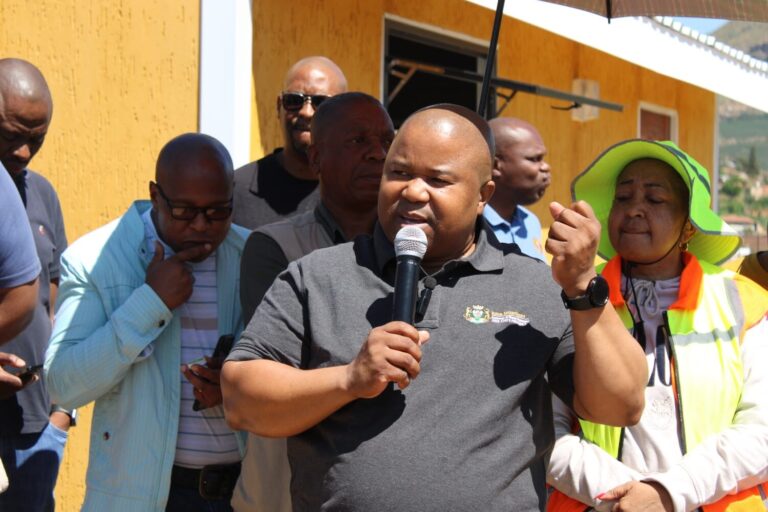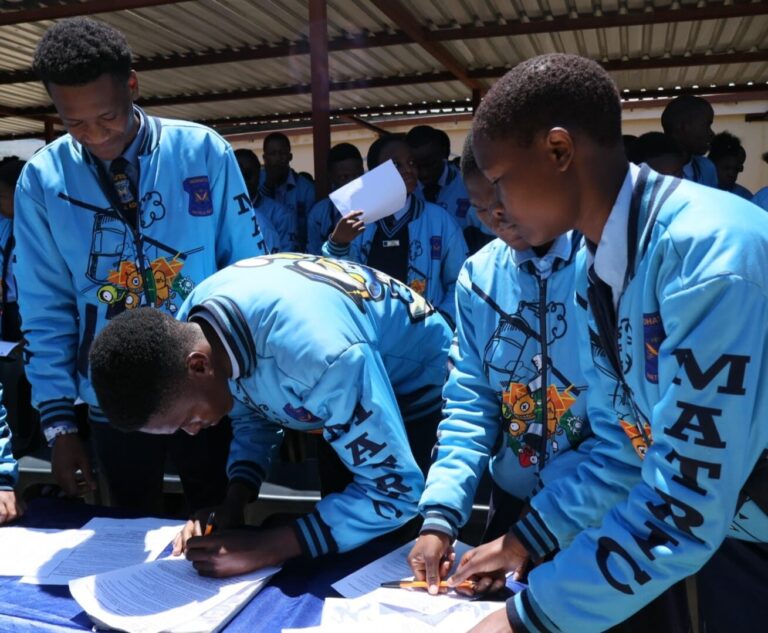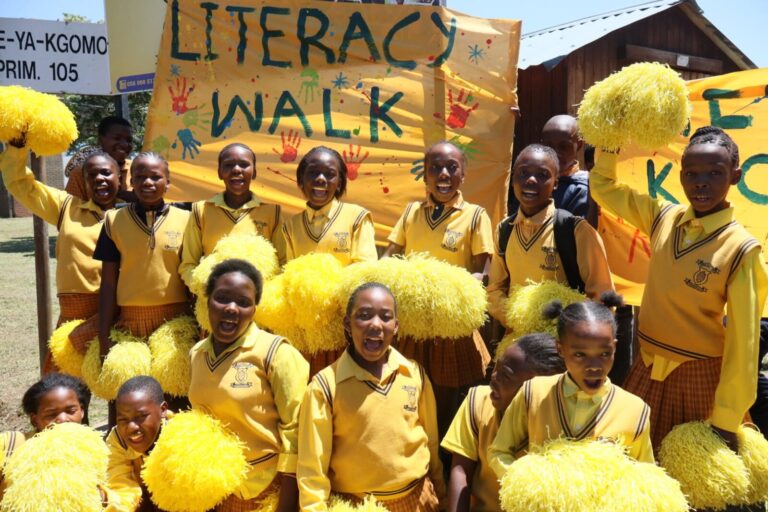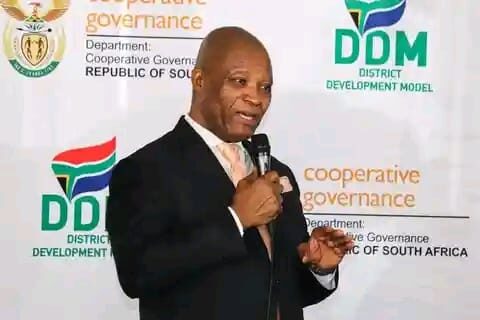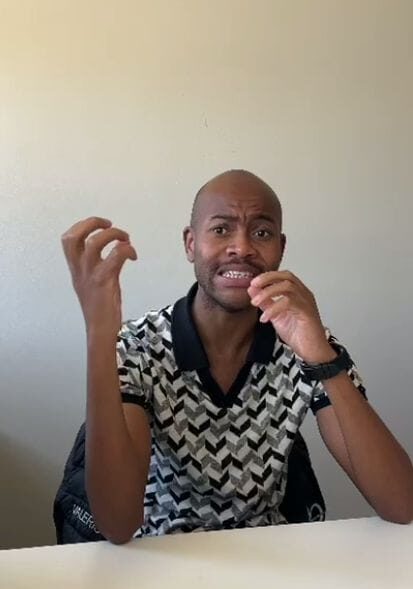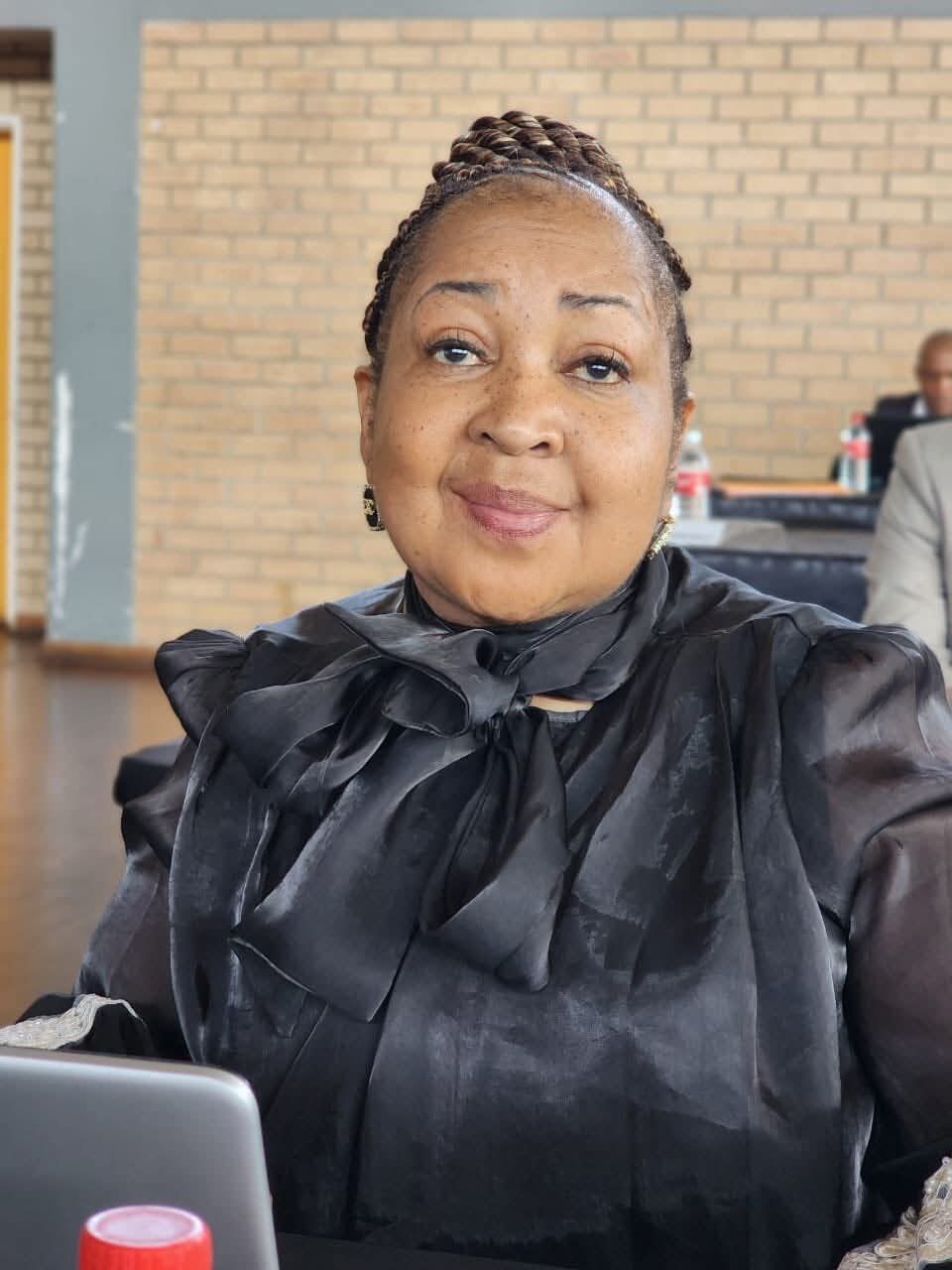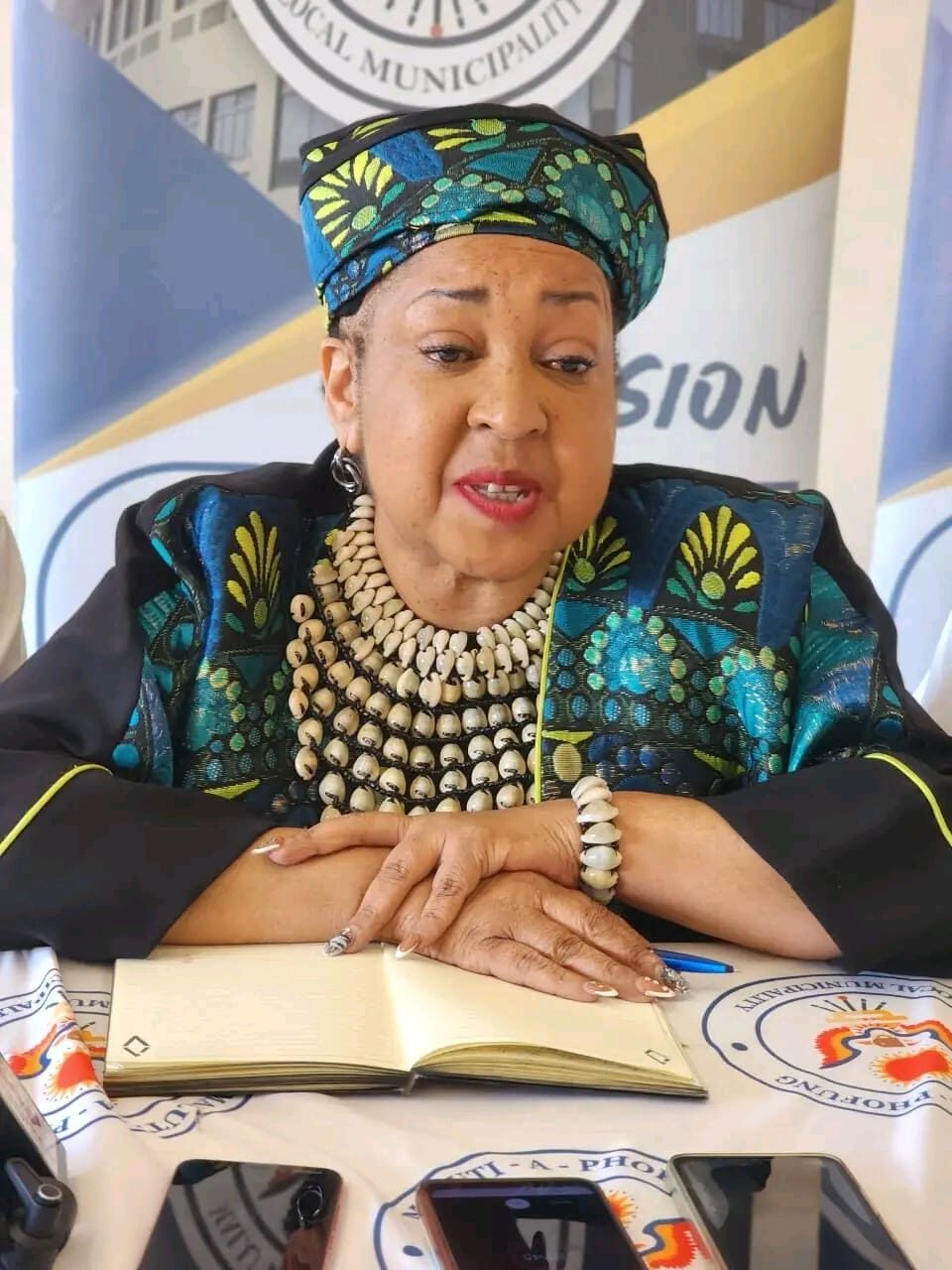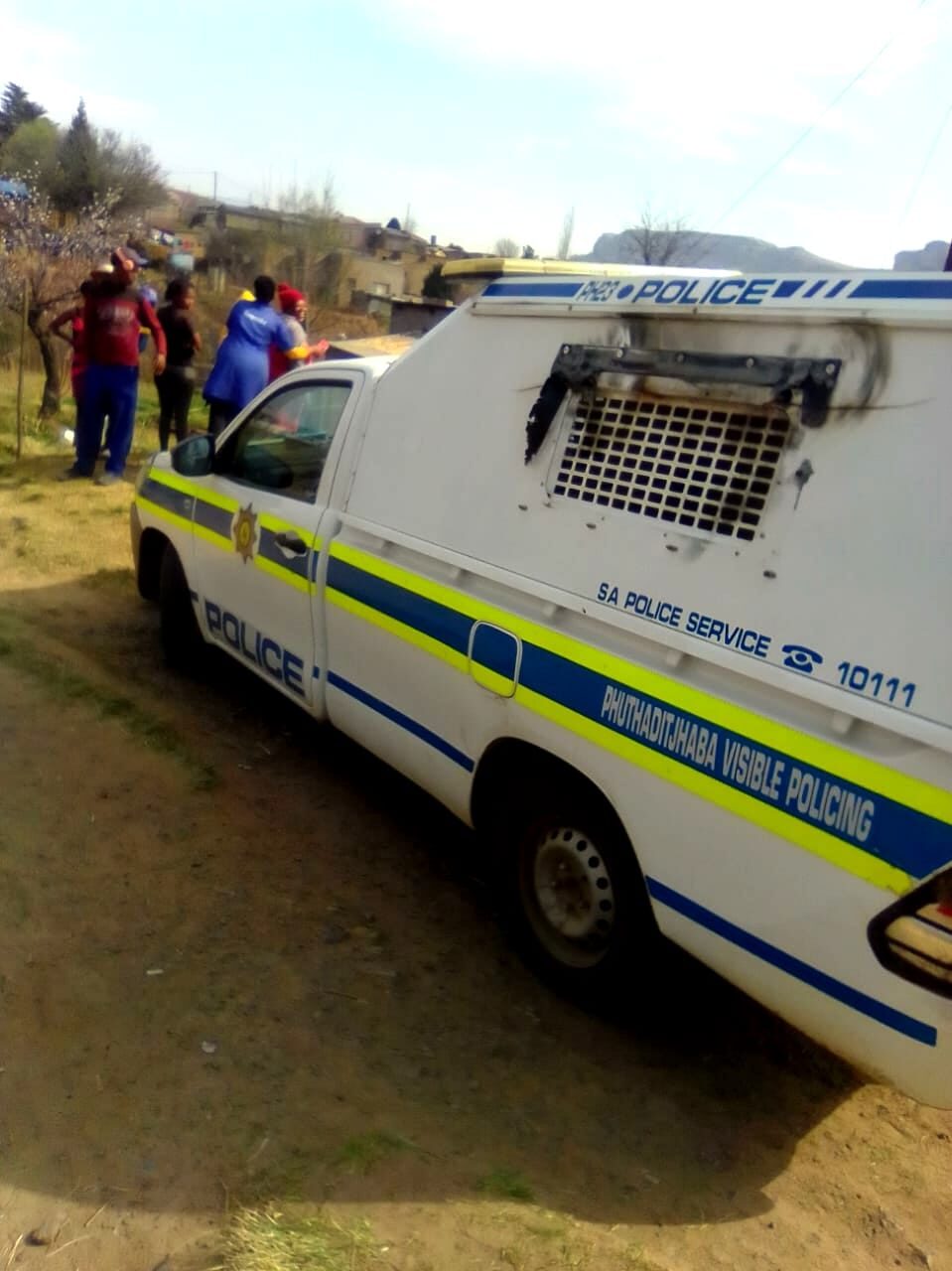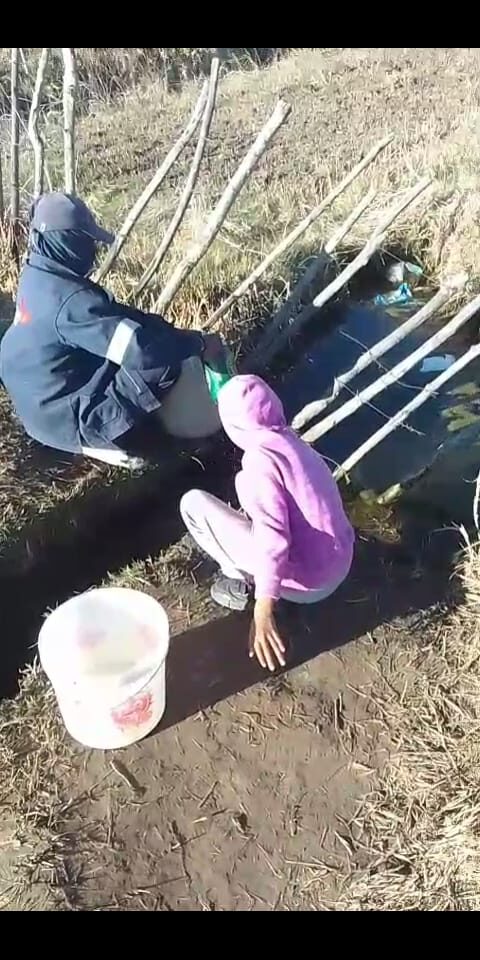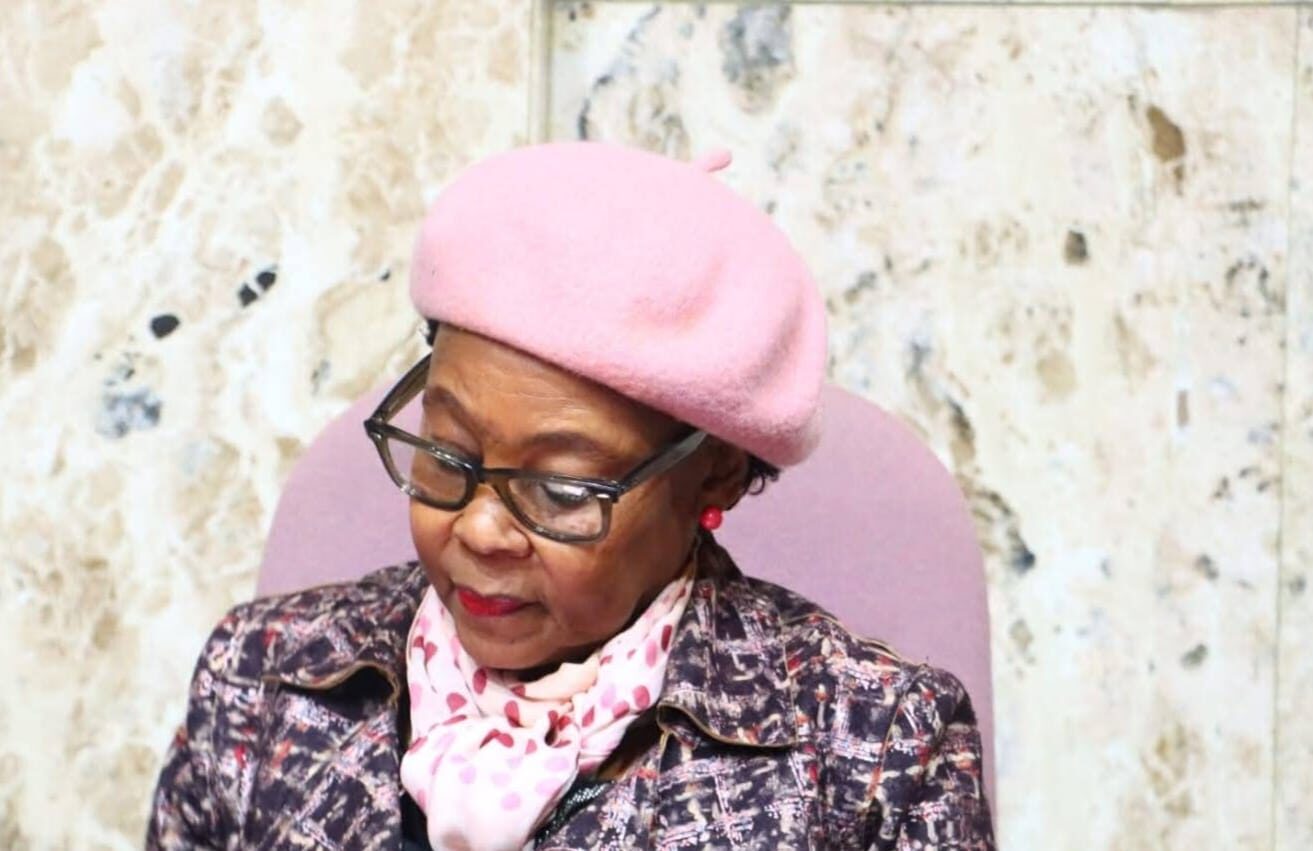By Emily Setona
QWAQWA – The worsening water crisis in Maluti-a-Phofung (MAP) dominated a tense special council sitting held at the Phuthaditjhaba Multipurpose Hall on Monday, 29 July, with councillors across the political spectrum demanding immediate answers and decisive intervention.
The meeting laid bare the municipality’s deepening dysfunction, particularly in areas like Makwane, where taps have run dry for months. Councillors lashed out at government departments, political leadership, and water service providers for failing to resolve the ongoing crisis.
Economic Freedom Fighters (EFF) councillor Chicco Mkwanazi set the tone, sharply criticizing the absence of key role players like Vaal Central Water. “We specifically requested their presence at this sitting. Yet, when the community is desperate, they are nowhere to be seen,” he said.
Ward councillor Paratlane Motloung agreed that blaming one entity was not enough. “These water challenges didn’t start yesterday. To blame Vaal Central alone is to dodge responsibility. We are councillors—we must lead. Right now, we have no plan. We’re stumbling in the dark while our people suffer,” said Motloung.
He added that the R2.1 billion allocated to water infrastructure projects had not yet reached the appropriate implementing agents. “The money is still sitting with the Department of Water and Sanitation (DWS), while Vaal Central Water battles unpaid invoices. This is not just delay—it’s dysfunction. The Minister must come here and explain what’s going on.”
Council Speaker Mandlenkosi Dlamini echoed the frustration. “The national government’s handling of this situation is an insult to this community,” he said. “Vaal Central clearly doesn’t want to engage with us. Why is money being shuffled around with no results? Other municipalities are asking: ‘You have R2.1 billion; why are you still dry?’ We need the Minister to come here and answer.”
Councillor Shashapa Motaung, who represents a ward in Makwane, described the crisis as a direct result of mismanagement. “We visited the area with MAPWater’s CEO and identified urgent maintenance needs. We agreed on a plan, but it was never implemented. Water came for a few days, then stopped. This isn’t a natural disaster – it’s administrative failure,” he said.
Motaung stressed that the problem is not isolated to Makwane. “Other villages are also suffering. This is a widespread, systemic collapse of service delivery.”
Dlamini then dropped a bombshell: R204 million is allocated to MAPWater every month. “Where is this money going? Something is very wrong. There’s sabotage happening. We gave the Municipal Manager the authority to deal with this, and we now demand a full report at the next sitting,” he said.
Municipal Manager Motsoahae Mofokeng did not hold back in his response. “Let me be honest: we’ve asked DWS for support. They’re not coming to the party. We don’t have the budget to carry out the necessary maintenance. We are being set up to fail,” he said.
The sitting exposed the growing rift between local, provincial, and national authorities, and raised fresh concerns about accountability and the handling of public funds.
Despite their political differences, councillors agreed on one thing: the situation is unsustainable, and urgent action is long overdue. The meeting concluded with a unified call for transparency, proper resource allocation, and decisive leadership.
As water scarcity continues to strangle daily life across Maluti-a-Phofung, the community waits – angry, exhausted, and increasingly desperate – for someone to take responsibility and fix the crisis that has dragged on for far too long.









